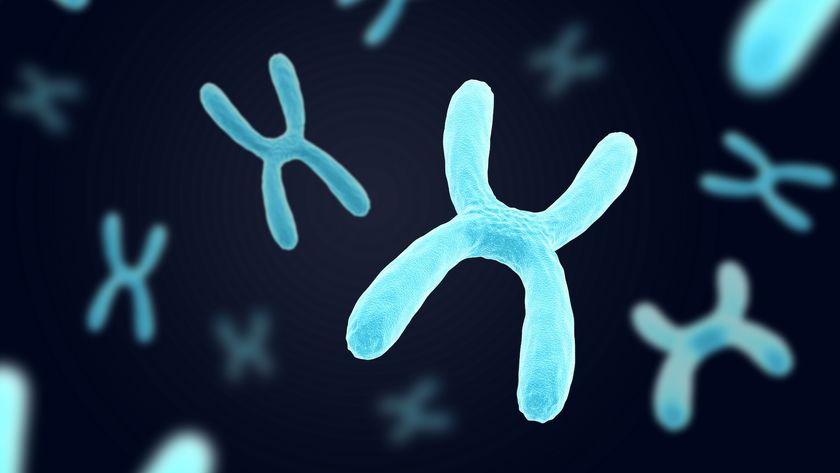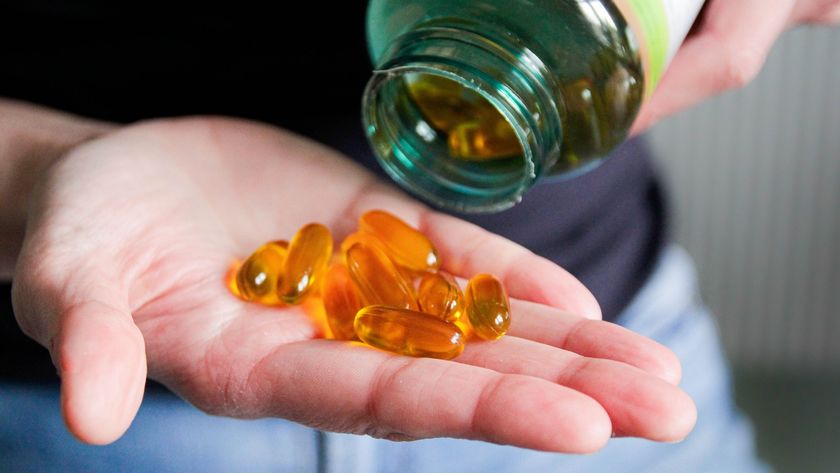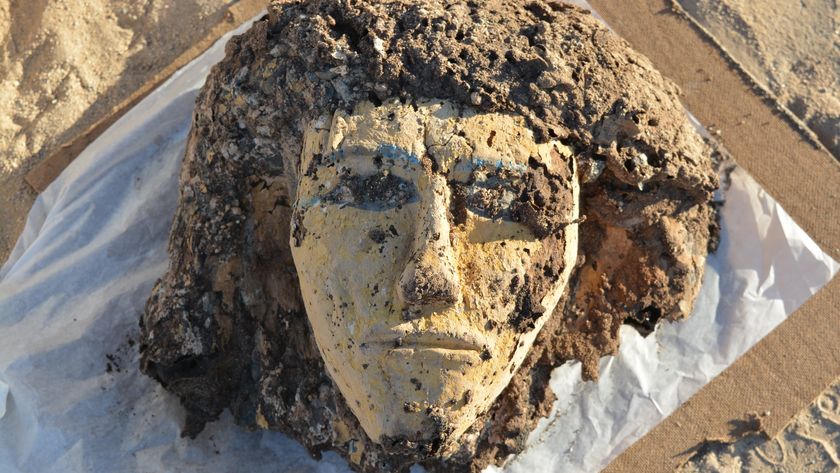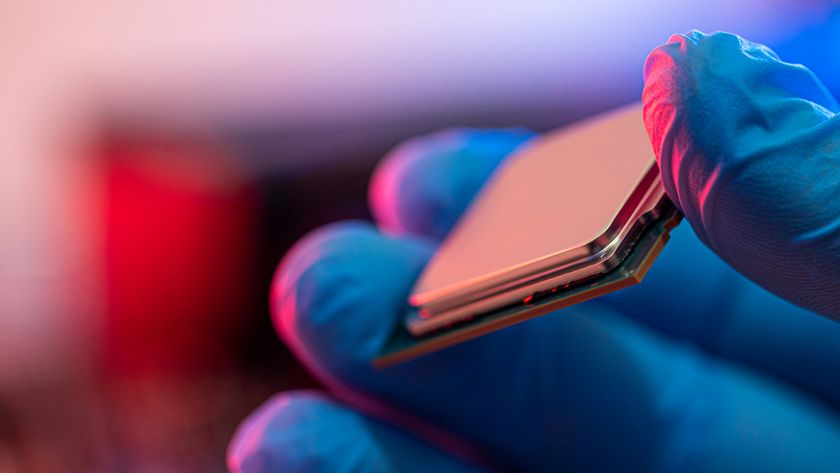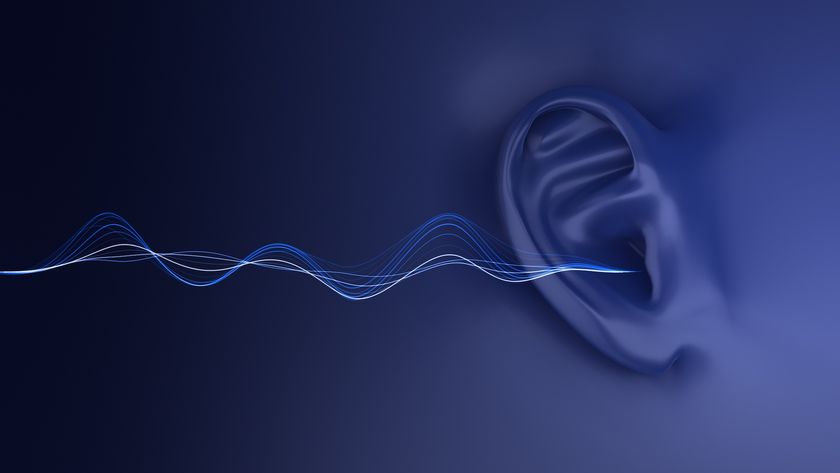Acne in Women Can Signal Hormone Problems
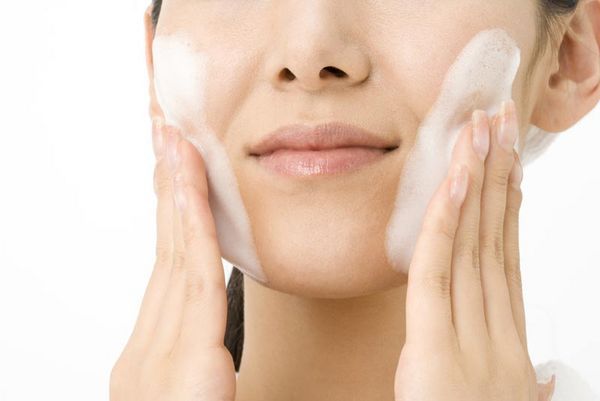
Acne in adult women is common, but in some cases, it can signal an underlying hormonal disorder, experts say.
Identifying such cases is important, not only to better treat women's acne, but to correct hormone imbalances that can lead to other health problems, said Dr. Kanade Shinkai, a dermatologist at the University of California, San Francisco School of Medicine, who specializes in acne treatments.
However, doctors often simply give women prescriptions for acne treatments, such as antibiotics, which typically don't work for acne caused by hormone imbalances, Shinkai said
Women who visit the dermatologist for acne and who experience signs of a hormonal disorder, such as irregular periods, should discuss their symptoms with their doctors, Shinkai said.
In addition, it's important for dermatologists to conduct a thorough medical history of their patients so that they can identify hormonal disorders that manifest as acne, she said.
Symptoms
Acne in adult women is often hard to treat. One study showed that 80 percent of women prescribed antibiotics for acne receive no benefits from the drugs, Shinkai said.
Sign up for the Live Science daily newsletter now
Get the world’s most fascinating discoveries delivered straight to your inbox.
In these cases, the acne may stem from normal hormonal changes, such as those that occur around the menstrual cycle, or from a true hormonal disorder. For many of these women, medications that target hormones, rather than skin bacteria, would provide the most help, Shinkai said.
Women with acne may have elevated levels of male hormones such as testosterone, Shinkai said. Symptoms of this type of hormonal imbalance include hair growth on the face, a deepening of the voice, increased muscle mass and decreased breast size.
The most common cause of such a hormonal change is a condition called polycystic ovarian syndrome, or PCOS. Women suspected of having a hormonal disorder can be diagnosed by having a doctor check their blood for elevated levels of male hormones, or in the case of PCOS, an ultrasound of the ovaries.
Treatment
If a woman has PCOS or another type ofhormone imbalance, treating the underlying hormonal problem will help with the acne, Shinkai said.
Shinkai typically prescribes birth control pills to patients with PCOS, to lower their levels of male hormones. If those pills don't work by themselves, Shinkai adds another drug called spironolactone.
If left untreated, the hormone imbalances associated with PCOS may increase a woman's risk of cancer, as well as diabetes and obesity, which bring their own sets of medical problems, Shinkai said.
Birth control and spironolactone can also work very well against acne even in women with no hormonal disorder, Shinkai said.
Pass it on: An underlying hormonal disorder can sometimes cause acne in adult women.
This story was provided by MyHealthNewsDaily, a sister site to LiveScience. We're also on Facebook & Google+.

Rachael is a Live Science contributor, and was a former channel editor and senior writer for Live Science between 2010 and 2022. She has a master's degree in journalism from New York University's Science, Health and Environmental Reporting Program. She also holds a B.S. in molecular biology and an M.S. in biology from the University of California, San Diego. Her work has appeared in Scienceline, The Washington Post and Scientific American.
